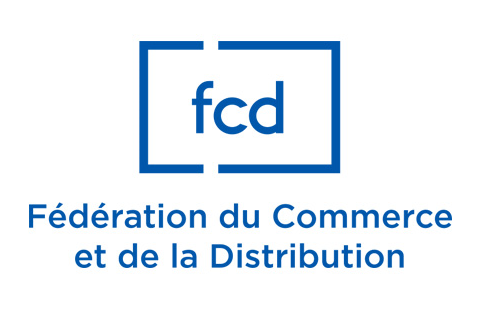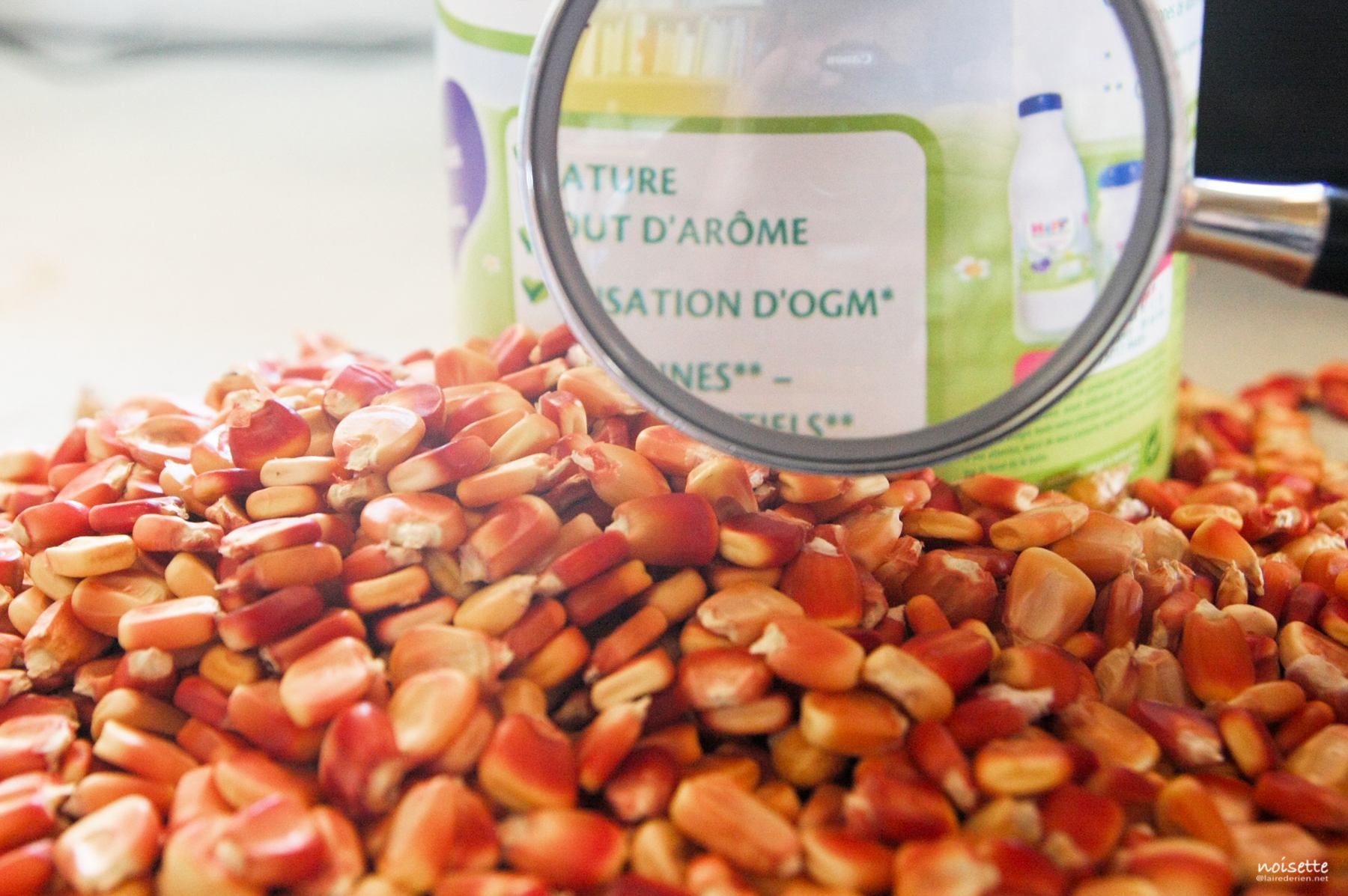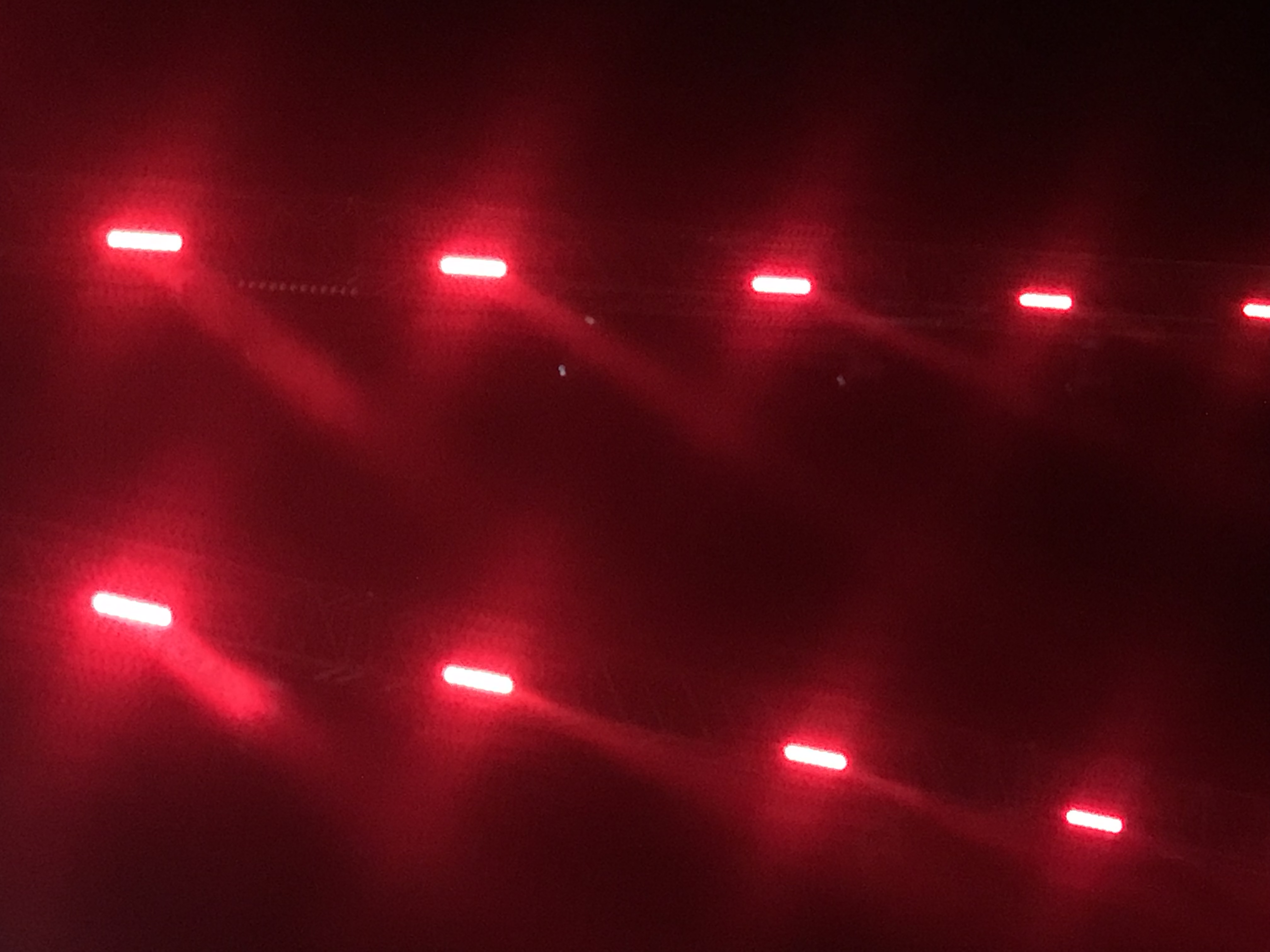News
Deregulation of GMOs: 13 organisations call for it to be rejected
As a result of the highly critical opinion of the Anses and the political dissensus on the issue of patents, thirteen French organisations are urging MEPs to reject the proposed deregulation of GMOs/NGTs, which they consider, “under the guise of sustainable solutions”, to favour “industrial agriculture and a deadly productivist system, of which farmers are the first victims and consumers the guinea pigs”.

Since its publication on 5 July 2023, the proposal to deregulate GMOs/NGTs has come up against significant opposition from many stakeholders. Farmers’, environmentalists’, farmers’, processors’ and consumers’ organisations, as well as supporters of organic farming, are mobilising to ensure that the proposal is rejected or at least amended. On 11 January 2023, the European Coordination Via Campesina (ECVC) called on the Parliament and the Council of the European Union to suspend the examination of this proposal1. The “major events” which, according to ECVC, “have called into question the proposal for new regulation of GMOs obtained by new genomic techniques (NGT)” are the opinion of the French National Health Safety Agency (Anses) on the equivalence criteria between genetically modified plants and conventional or natural plants, and the dissensus on the question of patentability. On 25 January 2024, thirteen French organisations called on MEPs2.
Reminder on equivalence criteria
The French organisations base their arguments firstly on the Anses opinion published on 21 December which, they point out, had determined that the criteria used to determine that an NGT plant would be equivalent to a conventional plant (Category 1) had no scientific basis3. In mid-January 2023, ECVC explained, on the basis of the same Anses opinion, that “the criteria for defining GMOs to be excluded from any assessment, labelling and traceability, known as NGT 1, are not based on any scientific justification and their lack of clarity will make them unverifiable”.
The criteria proposed by the European Commission to deregulate GMOs/NGTs have been the subject of serious criticism by the experts at Anses. Firstly, they consider that the basic assumption that equivalence between plants implies an absence of risk is “having no scientific basis”. The French experts also consider that the same criticism applies to the criteria proposed by the Commission for considering a GMO/NGT plant to be equivalent to a traditional plant. For ECVC, the European Parliament and the Council “cannot adopt a law that is contrary to science and, moreover, practically inapplicable. They must therefore demand a clarification of this scientific controversy before any resumption of their work”.
This scientific controversy is not the sole responsibility of the Anses. For many years, other scientists have been pointing out that NGTs introduce genetic modifications in an uncontrolled or even uncontrollable way, and that the resulting GMOs have unpredictable effects, particularly on ecosystems and biodiversity. They argue that NGT-modified plants should be subject to a rigorous safety assessment similar to that applied to GMOs4. As Prof. Michael Antoniou (King’s College, London) recently explained to MEPs on 17 January 2023: “these techniques result in off-target and on-target mutations that can combine to alter the function of many genes, leading to changes in plant biochemistry, including the production of toxins and allergens”.
Patentability issues
Any deregulation of GMOs derived from NGTs entails a risk of abusively extending the scope of patents on NGTs to traditional or farmers’ seeds as a result of the removal of all traceability of these GMOs and therefore of the data on the patents covering them. This risk has recently become one of the main causes of dissent within the Council of the European Union, as it threatens not only farmers, but also the European fabric of small and medium-sized seed companies. This issue led the European Parliament’s Agriculture Committee, in December 2023, and the Environment Committee of the same European Parliament, yesterday, 24 January 2024, to propose the non-patentability of GMO plants derived from NGTs in their amendments to the European Commission’s initial text.
But even before yesterday’s vote by the Environment Committee, ECVC warned that a possible decision not to patent NGT plants would be legally blocked. First of all, the movement points out that “according to [the European Patent Convention ratified by the European Union – EPC], NGTs are unquestionably patentable processes and the scope of a patent relating to a process extends to all products resulting from the use of that process” [The European Patent Convention provides for an autonomous legal system for the grant of European patents using a single, harmonised procedure before the EPO]. A possible EU decision prohibiting the patentability of GMO/NGT products “is therefore simply inapplicable given the current state not only of European patent law, but also of the Union’s international commitments”. Furthermore, this type of amendment affecting the basic principles of the EPO (European Patent Office) patent system would require a consensus among the member states of the EPC, which also includes non-EU countries. This usually requires a diplomatic conference. For ECVC, this question of patentability justifies the suspension of work underway in the European bodies on the proposal to deregulate GMOs.
In their press release of 25 January, following yesterday’s vote by the Environment Committee proposing the non-patentability of NGT plants, the thirteen French organisations point out that “the promise to ban the patentability of GMO-NGT plants is nothing but a smoke and mirrors operation designed to mislead the public […] such an amendment would be totally pointless as it would perpetuate the patentability of NGT techniques which it is not planned to abolish. The scope of a patent on a technique extends to all plants derived from that technique”. These organisations consider that “even more scandalous is the removal of the traceability of ’new GMOs’ patented [which] will turn farmers’ and traditional seeds that naturally contain the genetic trait claimed in the patent into counterfeits that are prohibited or subject to the payment of royalties”.
Preventing the irreversible
Taking the view that plants derived from NGTs are equivalent to those produced conventionally – which is clearly refuted by the Anses – allows the European Commission to propose eliminating all traceability. The absence of GMO traceability, and therefore of identification of the patents that go with them, puts European farmers and small and medium-sized seed companies at risk. In the event of infringement proceedings, they would lose all means of proving that their own seeds were not the result of the patented invention. This is the concern expressed by the French organisations, which are calling on MEPs to reject this proposal. ECVC had also appealed to the Council of the European Union, asking it to “pause [its] examination of the GMO/NGT deregulation proposal until these two essential questions have been resolved”.
The text of the deregulation proposal, as amended by the Agriculture and Environment Committees, should now be debated at the plenary session of the European Parliament in early February 2024. In anticipation of this session, the French organisations are calling for a rally in Strasbourg on 6 February to urge MEPs to reject the text.
- ECVC, “The Parliament and the European Council must suspend the examination of the proposal to deregulate new GMOs”, 11 January 2024. ↩︎
- Friends of the Earth, OGM Dangers, Vigilance OGM 46, Agir pour l’environnement, Objectif Zéro OGM, UNAF, Confédération paysanne, Pollinis, Synabio, FNAB, Générations futures, Greenpeace, Les Faucheurs volontaires, “New GMOs: after the ENVI Committee vote, the European Parliament must oppose the deregulation project”, 25 January 2024. ↩︎
- Anses, “Opinion on the scientific analysis of Annex I of the European Commission’s proposal for a Regulation of 5 July 2023 on new genomic techniques (NGT)”, 29 November 2023, published on 21 December 2023. ↩︎
- Koller F, “The need for assessment of risks arising from interactions between NGT organisms from an EU perspective”, Environmental Sciences Europe, 20 April 2023. ↩︎













